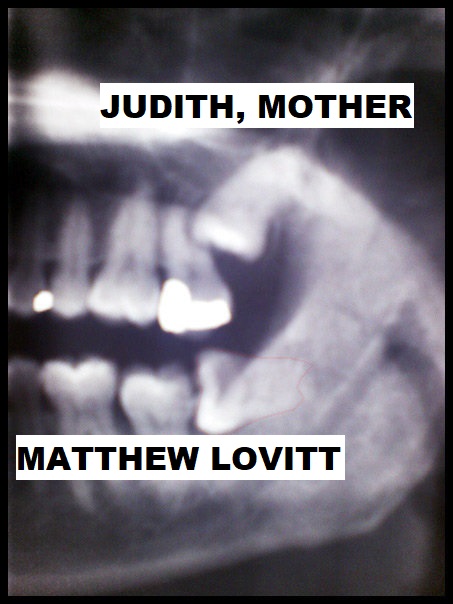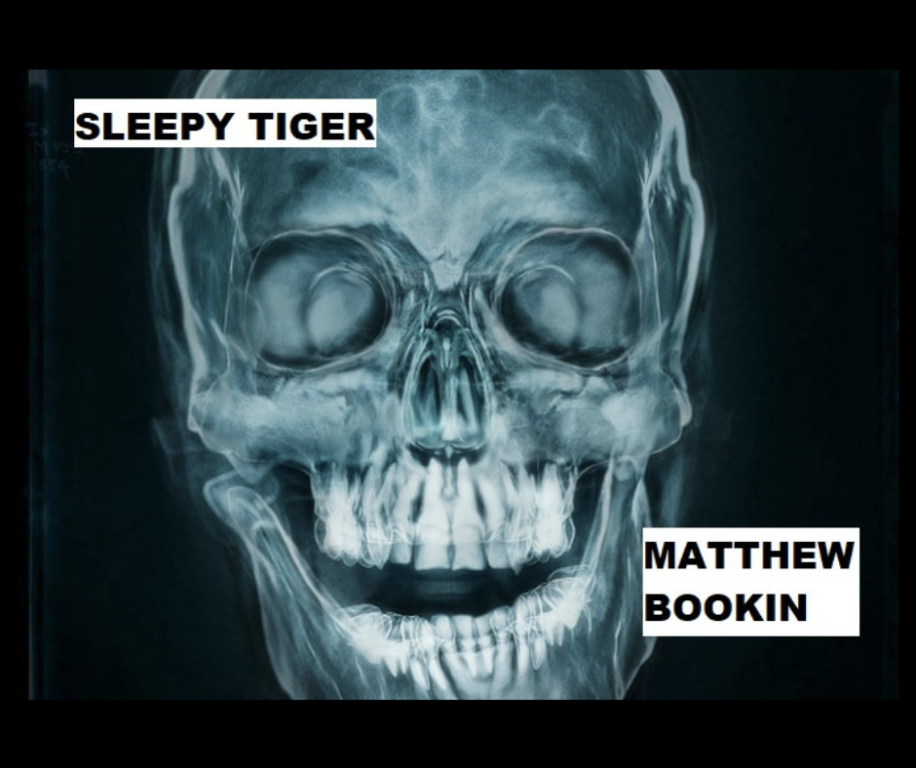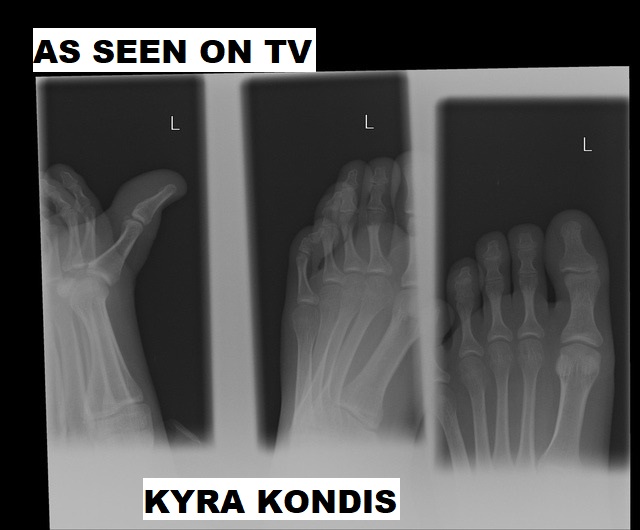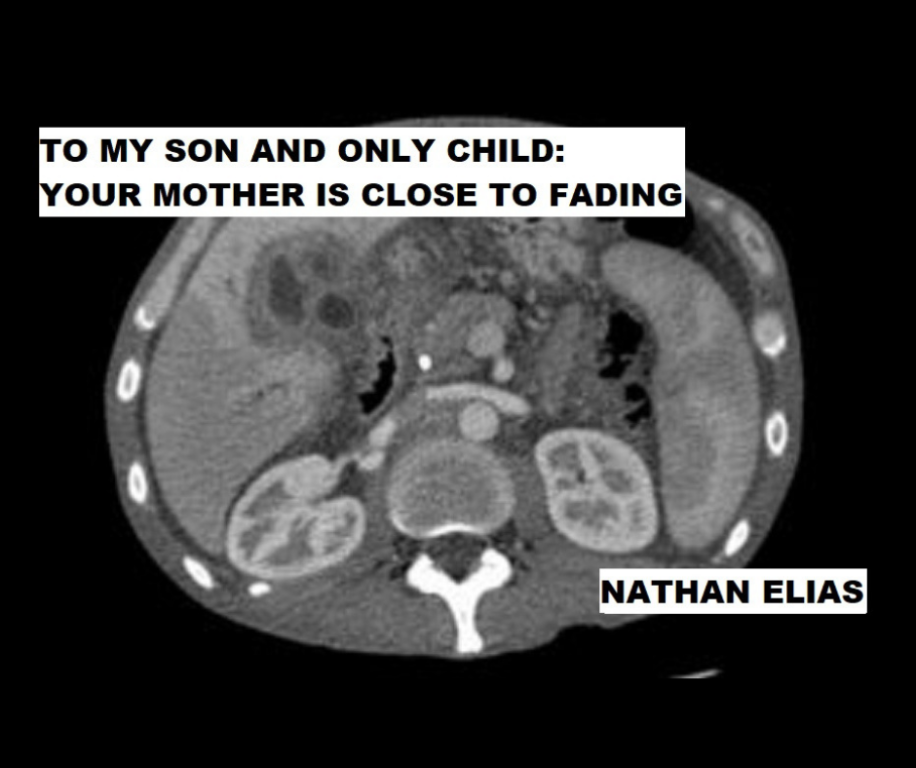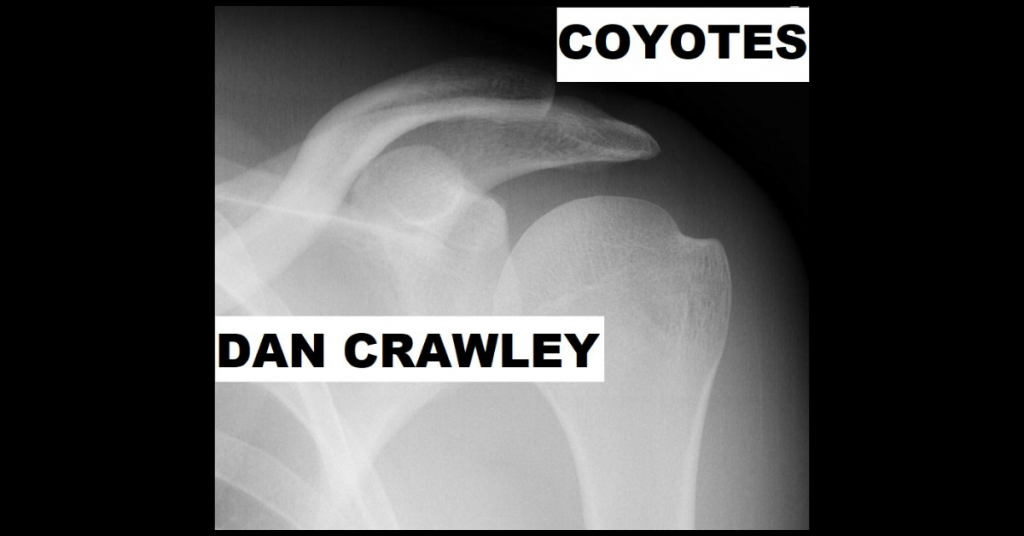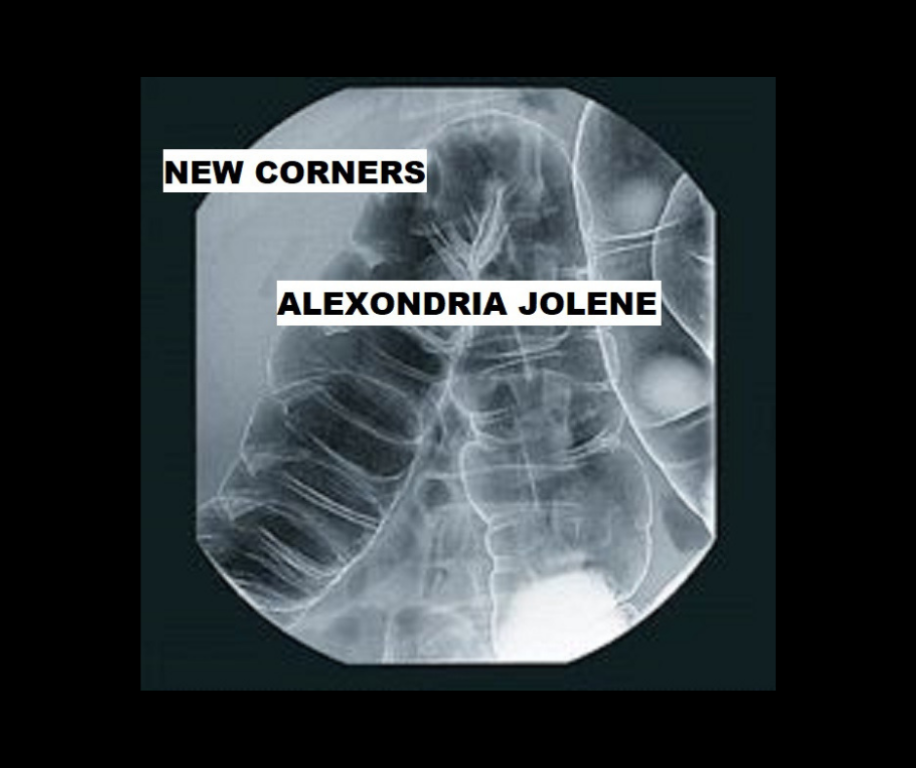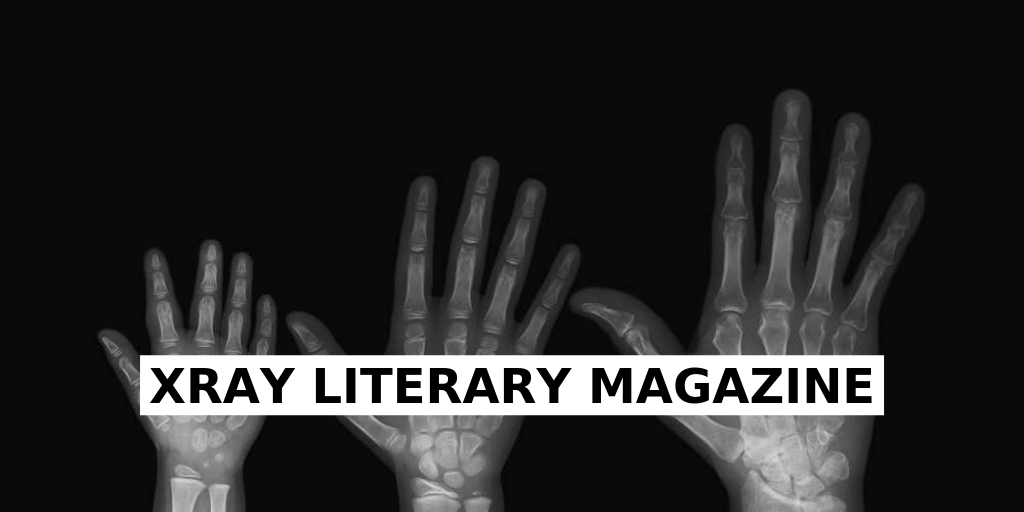
WE THE PEOPLE by Nicholas Grider
WE THE PEOPLE Hi there! Thank you for your patience as you adjust to our way of life. We are the people. We’re just like you, except our clothing is less wrinkled and our databases are better organized. We’re grateful you allowed us to ask you to welcome us in, and then kindly gave your consent to our decision to stay. LET’S JOIN HANDS IN THANKFULNESS We like it here. The reason we like it here is because this is where we are, which makes things a lot more convenient for everyone, especially us. That’s what we mean…

